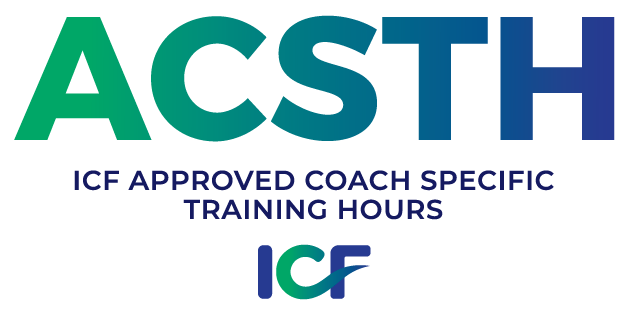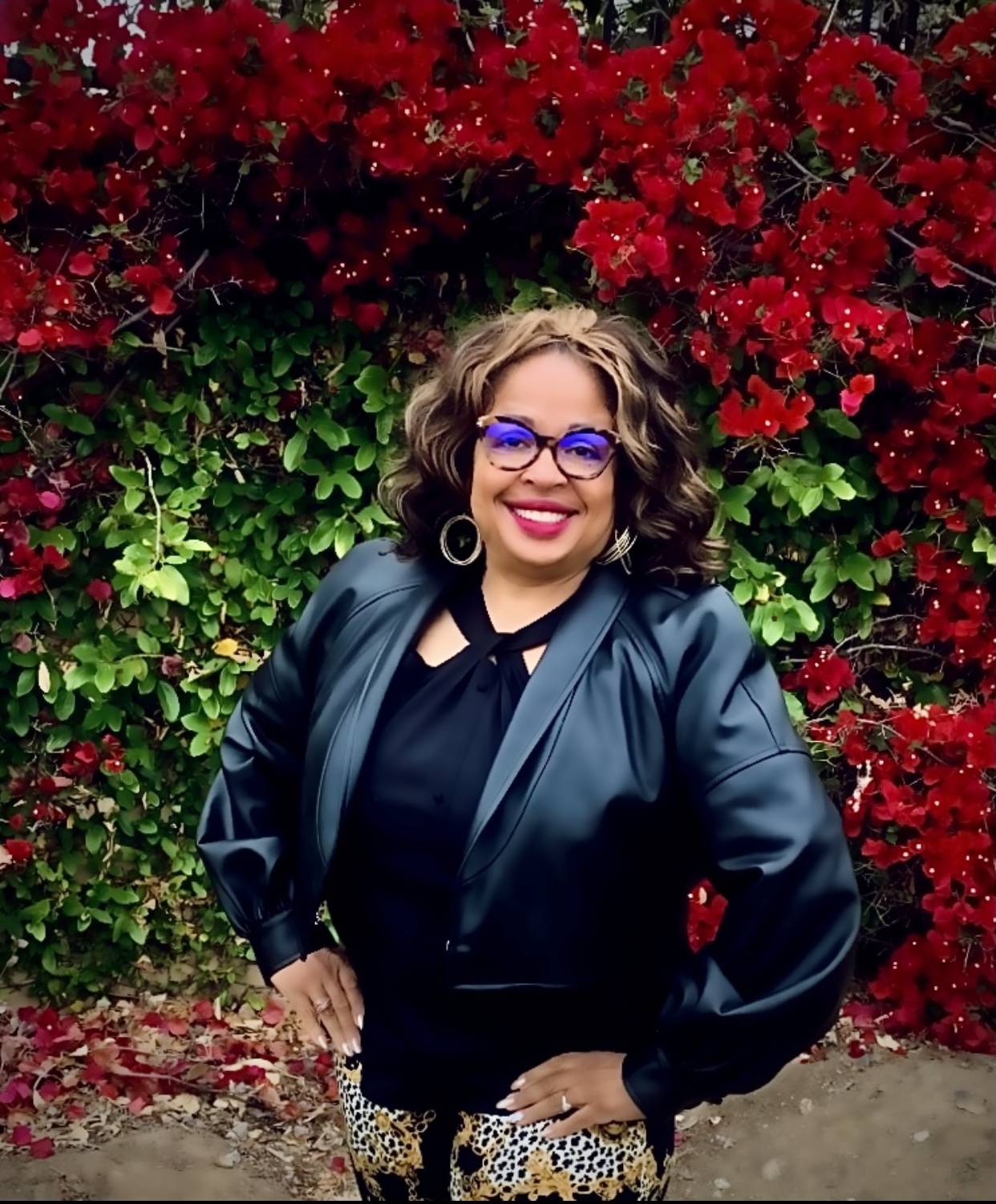
You can pursue a career as a strength and conditioning coach or gain additional experience by working for a college. These jobs require a range of skills, including interpersonal, communication, and public relations. These jobs offer an opportunity to learn new skills and make a difference in athletes' lives. The pay range for a position in strength and condition can vary depending upon the college and education level.
A Strength and Conditioning Coach provides athletes with instruction on all of their fitness skills and abilities. The coach can also create and implement custom training programs to increase an athlete's performance. The coach might work with individuals or other sports teams. Depending on their position, they may also develop rehabilitation plans for injured athletes. He or she may also create workout schedules and take inventory of athletic equipment. The coach's salary is typically determined by a number of factors, including experience, certification, and proper credentialing.
For a coach in Strength and Conditioning, the candidate must have at-least five years experience in professional athletics, as well as Olympic or professional strength and conditioning. The coach must also have a strong knowledge of the NCAA rules and regulations, as well as a strong grasp of fitness measurement. Having a strong foundation in these areas will ensure the success of the job.

A minimum requirement for a collegiate Strength Coach is to have at least a Bachelor's Degree in Exercise Science or another related field. Although it is not mandatory, most positions indicate that a masters degree would be desirable. The college strength coach must have excellent communication skills, great teaching abilities, and strong interpersonal skills.
It is important to have a passion for the sport. The ability to teach weightlifting techniques and develop the right methods is a must for coaches. Preferably, you will have experience in sport-specific strength training programs for the college strength coach job.
The strength and conditioning coach works with other team members to help athletes improve their performance. The coach may work directly with athletes or other team members. The coach will instruct athletes in the use of weightlifting and running machines. The campus fitness center is managed by the coach.
Strength and Conditioning coaches often work with athletes of all abilities and ages. It's a challenging job but you can still develop your leadership skills. This position will allow you to build your reputation as a coach of strength and conditioning.

A good strength and conditioning coach is interested in the field and eager to learn. It is expected that coaches can communicate well with athletes, administrators, staff, and others. Additionally, coaches must have excellent interpersonal and conflict-management skills. Effective communication with other coaches, professionals in sports medicine, and media members is essential.
FAQ
What's the difference between a life coach and a therapist?
A life coach is there to help you make better decisions and live a better existence. You will learn how to manage your emotions to improve your relationships. This is not a goal to make people feel better. The goal is to also teach them how to do this.
A therapist is trained to assist people who are struggling with emotional issues like depression, anxiety, and even trauma. These issues can be understood and treated by therapists.
Life coaches can work with individuals but don't have training to treat mental health issues. Most life coaches have experience with individuals with anxiety, depression, or other psychological disorders.
What is the role of a life coach?
A life coach helps people live a happier, better, more fulfilled life. They help them focus on what is most important to them. They help you identify your goals and develop strategies for achieving them. They also provide guidance and support when you are struggling.
They are there to help you with any questions or concerns, whether it's helping you plan a wedding or giving career advice during job interviews.
A coach will not tell you what to do, but they will give you the tools and guidance you need to make better decisions.
What is the difference of life coaching and counseling?
Counseling helps people resolve personal problems. Life Coaching helps them build skills for success in every area of life.
Counseling is an individual service, where you meet with someone who helps you solve particular problems.
Life Coaching can be a group service in which you meet with others to help each other improve as individuals.
Life coaching is usually done over the phone or online, whereas counseling is usually done face-to-face.
Life coaching is usually focused on developing positive habits and skills to help you achieve your dreams and goals. Counselors are more likely to address current problems.
The main difference between life coaching and counseling is that counselors help with problems, while life coaches assist you in moving beyond those problems and creating a fulfilling life.
Statistics
- If you expect to get what you want 100% of the time in a relationship, you set yourself up for disappointment. (helpguide.org)
- 80 percent of respondents said self-confidence improved, 73 percent said relationships improved, 72 percent had better communication skills, and 67 percent said they balanced work and life better. (leaders.com)
- Needing to be 100% positive and committed for every client regardless of what is happening in your own personal life (careerexplorer.com)
- According to relationship researcher John Gottman, happy couples have a ratio of 5 positive interactions or feelings for every 1 negative interaction or feeling. (amherst.edu)
- Life coaches rank in the 95th percentile of careers for satisfaction scores. (careerexplorer.com)
External Links
How To
What problems can life coaches fix?
Life coaching is a great way for people to address personal issues such as stress, anxiety, depression, stress, relationships difficulties, career problems, self-doubt etc. Clients are helped to identify their goals and then created strategies to achieve them.
Life coaching can be beneficial to clients since they learn how.
-
Identify what matters to them
-
Set goals
-
Better understanding of oneself
-
Build positive habits
-
Manage stress
-
Focus on the things they want
-
Find solutions for your problems
-
Learn new skills
-
Change negative patterns
-
Enjoy more fun
-
Be more productive
-
Take control over their lives
-
Overcome your obstacles
-
Develop good communication skills
-
Improve relationships
-
Effectively deal with difficult situations
-
Live a happier, healthier life
-
Feel more confident
-
Be rational in your decisions
-
Enjoy meaningful experiences
-
Be more successful
-
Grow spiritually
-
Their physical health can be improved
-
Increase longevity
-
Reduce your chance of getting sick
-
Become emotionally stronger
-
Gain insight into their behaviors
-
Be free from bad habits
-
Find balance between work & play
-
Enjoy life more
-
Get more joy
-
Live a richer life
-
Be more successful
-
Moving forward
-
You can learn to manage better
-
Increase mental clarity
-
Heal from past trauma
-
Turn negatives into positives
-
Transform limiting beliefs